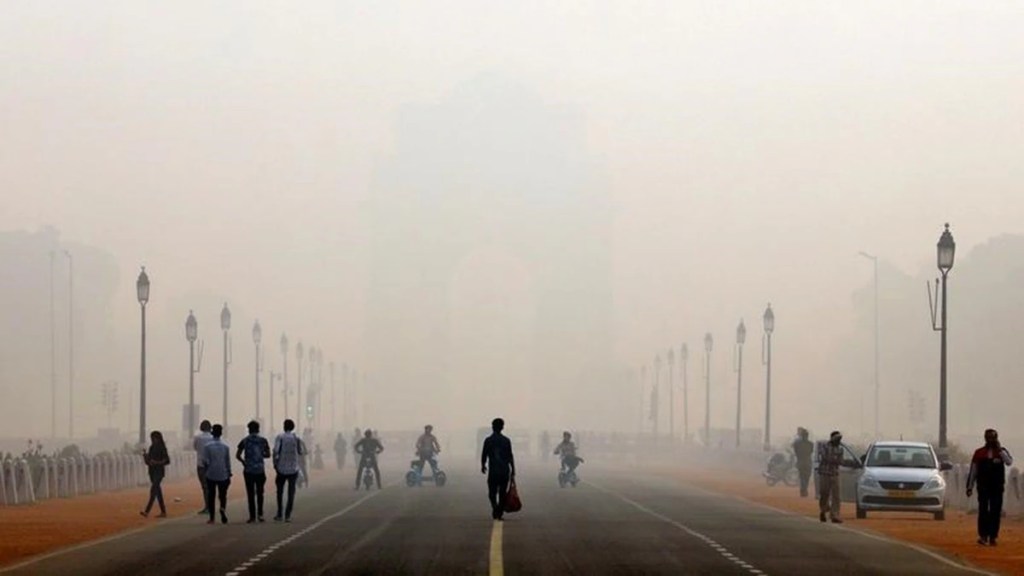On Wednesday, the Central Pollution Control Board (CPCB) reported that Delhi’s air quality has reached the ‘severe’ category for the first time this season. The Pusa area, in particular, recorded an Air Quality Index (AQI) of 430, which falls within the ‘severe’ range.
In comparison, the city’s 24-hour average AQI, which is measured at 4 pm each day, was recorded at 334 on Tuesday. At 9 am on Wednesday, the AQI stood at 366, indicating ‘very poor’ air quality.
Air quality in Delhi is classified into several categories based on AQI readings:
- 0 to 50 is considered ‘Good’
- 51 to 100 is ‘Satisfactory’
- 101 to 200 is ‘Moderate’
- 201 to 300 is ‘Poor’
- 301 to 400 is ‘Very Poor’
- 401 to 450 is ‘Severe’
- Above 450 is ‘Severe Plus’
Out of the 36 air quality monitoring stations across the capital, 30 stations reported pollution levels in the ‘severe’ category, according to the CPCB’s data.
Delhi LG Approves Re-deployment of Civil Defence Volunteers to Tackle Air Pollution
In response to the city’s ongoing air quality crisis, Delhi’s Lieutenant Governor (LG) VK Saxena approved the redeployment of Civil Defence Volunteers (CDVs) for a four-month period, from November 1, 2024, to February 28, 2025. This decision marks a reversal of the termination of CDV services that took effect on November 1, 2023.
The redeployment is viewed as a proactive step in addressing the air pollution challenge in Delhi. Additionally, Saxena has urged the Delhi government to create a clear and structured plan for bus marshals, which was previously suggested in a letter to the Chief Minister on October 24, 2024, and reiterated on November 2, 2024.
The LG highlighted the need for a well-defined scheme outlining the roles, responsibilities, and service conditions of bus marshals, as well as the creation of official posts and necessary budgetary provisions to support this initiative.
In 2023, over 10,000 CDVs had been removed from their roles as bus marshals, following concerns from the Directorate of Civil Defence that these volunteers were primarily intended for disaster management and not public transport security. At the time, the LG recommended reallocating these volunteers to home guard positions, ensuring better alignment of their skills with service requirements.
The recent approval to reinstate CDVs emphasizes the urgency of addressing the air pollution crisis and improving security measures in Delhi’s public transport system.

